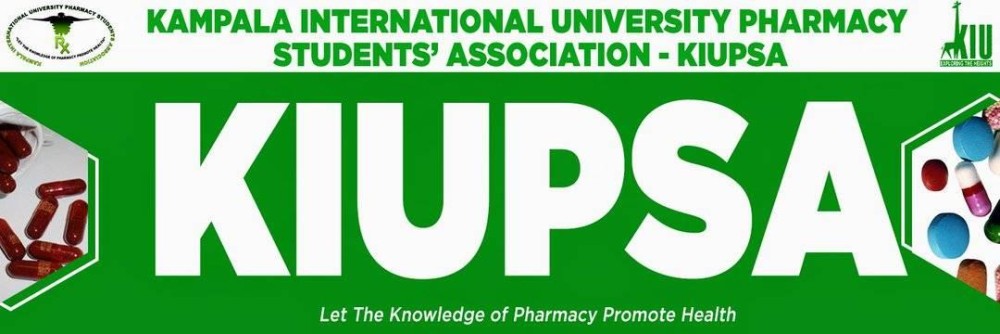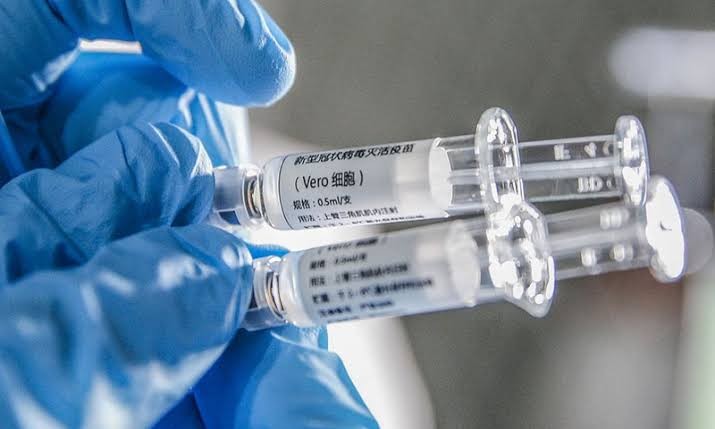
Apr
KIUPSA Launches Medical Quiz and Essay Writing Competition
April 26, 2024, 12:44 pm
 Rebecca Nabejja
Rebecca Nabejja

KIU, Main Campus -
Vaccines in development around the world are in various stages of testing.
While COVID-19 keeps spreading, the world eagerly anticipates a vaccine that
could defeat the pandemic.
According to Dr.
Anthony Fauci, Director of the National Institute of Allergy and Infectious
Diseases, one of the vaccine candidates will be proven safe and effective by
the first quarter of 2021.
Meanwhile, the US
government is aiding companies, such as Moderna to ramp up development of their
candidate vaccines so that they can be rolled out quickly once proven to work
safely.
However, many doctors
say getting an effective vaccine out by January is a highly ambitious goal. Dr.
Larry Corey, an expert in virology, immunology and vaccine development, holds
that everything will have to go incredibly perfectly if that's going to happen.
This is because
vaccines have to go through multi-phase trials to make sure they're effective
and safe. Experts say that a vaccine takes eight to 10 years to develop, and
here is how it works;
First, a vaccine is
usually tested in animals before humans. If the results are promising, a
three-phase trial in humans will begin:
Phase 1:
The vaccine is given to a small group of people to assess safety and,
sometimes, immune system response. If things go well, researchers move on to:
Phase 2:
This phase increases the number of participants -- often into the hundreds --
for a randomized trial. More members of at-risk groups are included. "In
Phase II, the clinical study is expanded and the vaccine is given to people who
have characteristics (such as age and physical health) similar to those for
whom the new vaccine is intended," according to the Centers for Disease
Control and Prevention. If the results are promising, the trial moves to:
Phase 3:
This phase tests for efficacy and safety with thousands (or tens of thousands)
of people. The substantially larger number of participants in this phase helps
researchers learn about possible rare side effects of the vaccine.
Therefore, despite
the fact that vaccines are critical in helping preventing disease and death,
rushing the process could prove fatal as history itself has shown that vaccines
developed or distributed in a hurry can lead to unintended consequences.
Kampala International University,
Box 20000, Ggaba Road, Kansanga, Kampala